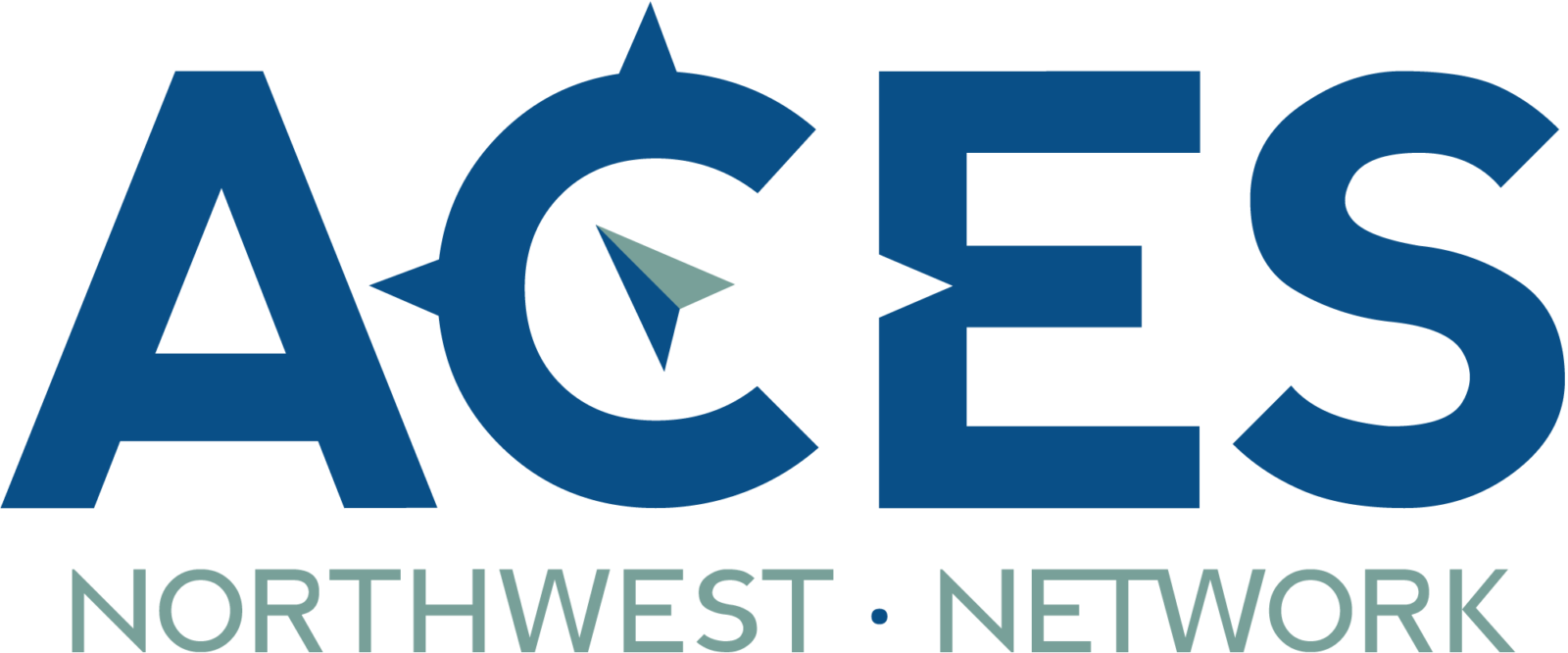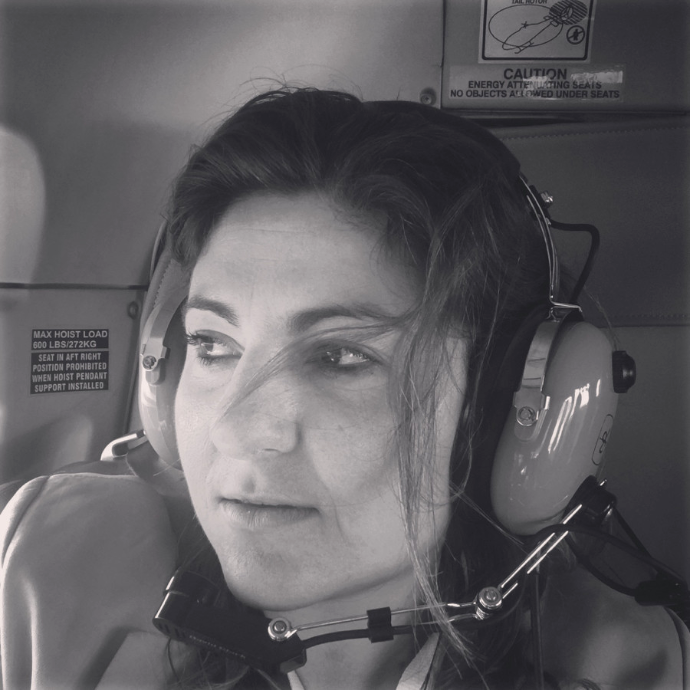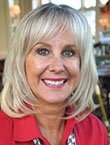Going Vertical!

In the Puget Sound region, transportation is truly multi-modal. Roads and highways connect communities to ferries and floatplanes at docks and airports. Travelers walk, roll, and ride in trips with numerous links . . . and numerous potentials for missed connections. Critical roadway links are at-risk from seismic events and even the harsh realities of aging infrastructure. What happens when the Cascadia Subduction Zone event occurs? How will essential workers and critical supplies reach hospitals, clinics, and neighborhoods? What mobility services will directly connect islands to medical centers and hilltops to valleys across water, land, and the communities that need better mobility?
Advanced/Urban Air Mobility systems are already transporting freight and people using safe, quiet, and reliable all-electric multi-rotor aircraft. The Pacific Northwest’s largest cities provide for use cases that could dramatically improve disaster response and access to medical care while providing mobility options that advance equity and sustainability. Contribute your ideas and share your experiences in this multi-day ACES Northwest Network Seminar Series event! Our collaboration with Cascade AUVSI will feature Keynote addresses from Network affiliates Teague and VillageReach. This event is sponsored by Hyundai.
Seminar Agenda
Day 1: Advanced Air Mobility Today
- Welcome and Introductions
- State of the Practice: Advanced Air Mobility Takes Flight
Presented by Ric Stephens - Keynote
Drones for Disaster Relief: Lessons from Africa
Presented by Oliver Defawe, Village Reach - Workshop 1A: Challenges in a World of Water and Weather
Presented by Matthew Sattler (Hyundai) with Spencer Monheim, Erika Holtz, Shawn Braiden, and Pasha Saleh - Workshop 1B: Air Mobility Enhances Disaster Response and Medical Care
Presented by Eric Holdeman (Pacific Northwest Economic Region) with Ric Stephens - Vision Casting: Integrating AAM Into the Multi-Modal Transportation System
Presented by Adrienne Lindgren, Hyundai
Day 2: Advanced Air Mobility Tomorrow
- Welcome and Introductions
- Overview of Day 1
- Keynote
Putting People First: Accelerating New Mobility
Presented by Nick Ross, Teague - Workshop 2A: Quiet, Safe, and Accessible: Community Air Mobility Initiative
Presented by Yolanka Wulff with Adam Cohen - Workshop 2B: Connecting Islands and Bridging Gaps
- Presented by JR Hammond (Canadian Advanced Air Mobility Consortium) with Danny Sitnam and Nik Kviselius
- Capstone Conversation: Policy and Collaboration
Moderated by Nathan Trail (Hyundai) with Clint Harper
Breakout Workshops
Workshop 1A: Challenges in a World of Water and Weather
Salt. Ice. Wind. AAM in Puget Sound will operate in one of the most challenging environments on the globe, pitting autonomous piloting systems against instrument meteorological conditions in some of the busiest General Aviation airspace in the world. What organizations will we need to leverage to work together to make AAM work well?
Moderated by Matthew Sattler, Hyundai
Workshop 1B: Air Mobility Enhances Disaster Response and Medical Care
A Cascadia Subduction Zone event will likely divide the region, breaking critical links and leaving air support without Boeing Field and Renton Airport. How can AAM assets be positioned to provide transportation for critical workers, medical supplies, and emergency equipment?
Moderated by Eric Holdeman, Pacific Northwest Economic Region
Workshop 2A: Quiet, Safe, and Accessible: Community Air Mobility Initiative
The power of AAM lies in the all-electric propulsion system with multiple rotors. This mode of transportation promises to greatly reduce the noise effects and safety risks associated with conventional rotorcraft transport, truly in a class of its own. The energy needs can be provided entirely on-site and batteries can be the foundation of local community microgrids. How can AAM’s promoters demonstrate to the public that these are not just a new type of helicopter?
Moderated by Yolanka Wulff with Adam Cohen
Workshop 2B: Connecting Islands and Bridging Gaps
AAM can replace many-mode trips with a bicycle ride, an AAM transit, and a short hop on another bicycle. In many cases, AAM will be the single mode that can provide a way around, terrain, and traffic congestion. What does this means for travel across the Sound and even within the Seattle area? How will transportation planners need to adapt to a future of private equity investment in transportation infrastructure and operations?
Moderated by JR Hammond (Canadian Advanced Air Mobility Consortium) with Danny Sitnam and Nik Kviselius

When
Tuesday, May 18 and Wednesday, May 19
11:30 AM to 1:30 PM PDT each day
Where
Online Event
Registration
This event is now concluded. Check back often for more events or subscribe to get notifications on future events.
Contact
Scott Kuznicki
Email
Event Hosts
Adrienne Lindgren
Adrienne Lindgren is an urban planner and economic development professional, with a focus on integrating advanced transportation technology into the built environment to enhance urban and regional mobility outcomes. Her work is guided by principles of equity, health, and fiscal and ecological sustainability.

Lori Brown, Executive Director, AUVSI Cascade Chapter/President, Brown Unmanned Aerial Solutions, LLC
The Association of Unmanned Vehicle Systems International (AUVSI) is the world’s largest non-profit organization dedicated to advancing the unmanned systems and robotics community. As Executive Director for the Cascade Chapter and previous Board Member, Lori’s focus is on the NW initiatives in Oregon and Washington. The commercial use of drones is rapidly growing and many are new to the idea of how to use them in their business. As President of Brown UAS, Lori assist in identifying and recommending Small Unmanned Aircraft Systems (sUAS) “drone” solutions for commercial and mil/gov customers.

Keynote Speakers
Nick Ross
Nick is a proven product designer with a globally-cultivated perspective that allows him to create design solutions that are equally inspired and informed. His expertise spans the creative process from concept development to balancing the details of aesthetic appeal with functionality, usability, and complex engineering. Nick has led design programs and project teams for clients such as Samsung, LG Electronics, Intel and Honeywell. As a creative director at Seattle-based design consultancy Teague, he integrates user-centric design with strategic storytelling and fosters a collaborative, innovation-driven environment. Nick holds a Master of Fine Arts degree from the Umea Institute of Design in Sweden, and a Bachelor of Arts with Honors from Massey.

Olivier Defawe
Olivier Defawe, Director, Health Systems, leads the design and implementation of a portfolio of health innovations to improve health care delivery at the last mile. As the lead of VillageReach’s Drones for Health program, Olivier drives exploration of the role for and impact of drones in the public health system. VillageReach is conducting field implementations in Malawi, Mozambique, the Democratic Republic of Congo, and Central African Republic, directly contributing to the global evidence generation on performance, cost and cost-effectiveness. Olivier also founded and continues to chair the UAV for Payload Delivery Working Group, which promotes knowledge sharing and coordination for the application of drones for public health. Finally, Olivier provides consultation to drone service providers on Product-Market fit. Olivier has more than 17 years of experience in global health. Before joining VillageReach, he has managed health information and laboratory systems implementations in Haiti and West Africa, and served as Operations Manager of the HIV Vaccine Trials Network (HVTN) Endpoints Laboratory at Fred Hutchinson Cancer Research Center. Olivier holds a PhD in Biomedical Sciences from the University of Liège in Belgium.


